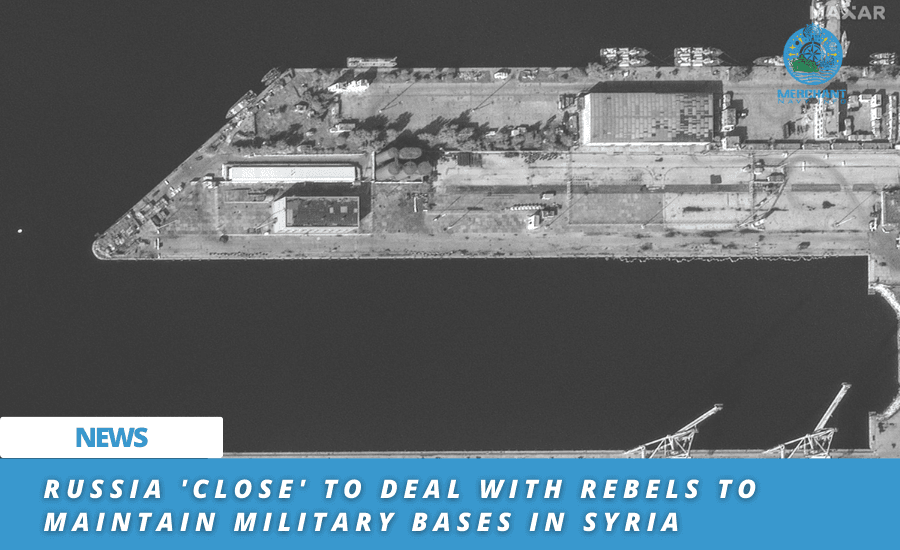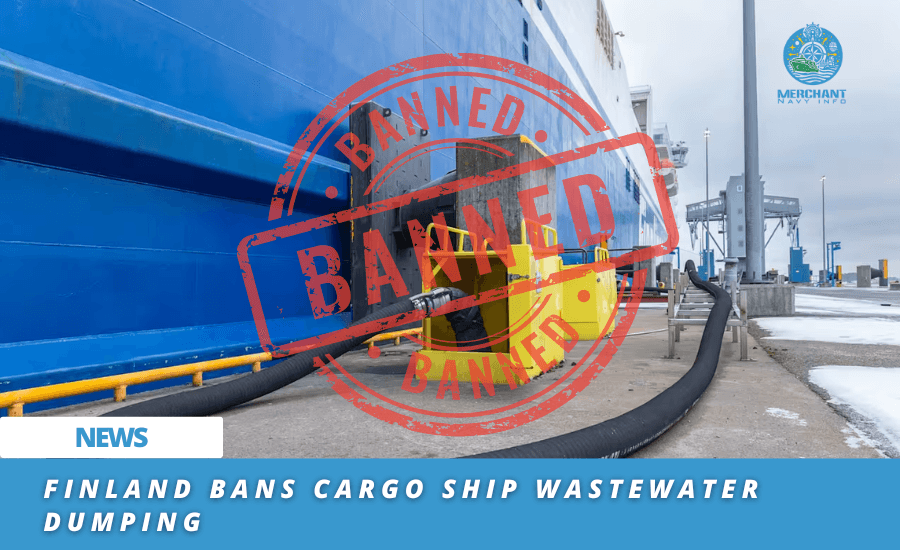
Russia ‘Close’ To Deal With Rebels To Maintain Military Bases In Syria
Officials close to the Kremlin believe Russia is close to a deal to retain control of two military bases in Syria following talks last week with the rebels who toppled dictator Bashar al-Assad.
Sources in Moscow, Europe, and the Middle East said the Kremlin believes it has an “informal understanding” that it can retain control of the bases.
One source warned that the deal is fragile and “could change if the situation in Syria becomes unstable,” according to Bloomberg.
Neither the Kremlin nor Hayat Tahrir al-Sham, the group that defeated Assad, commented. However, Turkey supports Hayat Tahrir al-Sham, and Turkish President Recep Tayyip Erdogan has a good relationship with Vladimir Putin.
The two Russian bases – the Tartus Naval Base and the Khmeimim Air Base – are considered vital to the Kremlin’s plans to project power, authority, and prestige across the Mediterranean and Africa.
Russian Foreign Ministry officials said their focus is “ensuring the safety of Russian citizens and Russian assets in Syria.”
Satellite images show that Russia has at least temporarily abandoned its naval base in Tartus, Syria since Hayat Tahrir al-Sham militants advanced on Damascus with little resistance on Sunday.
Five Russian warships, including three frigates and at least one submarine, were photographed in the port of Tartus last week but had left on Monday.
Images released by Maxar in the US showed the warships trapped 10 miles off the Syrian coast, out of range of rebel artillery and drones.
Marine traffic data also showed that no ships had docked or left Tartus since Monday.
Moscow has not commented, but well-connected military bloggers and propagandists have confirmed that the Kremlin has withdrawn its warships from Tartus.
The source also said Moscow withdrew its warplanes from the Khmeimim air base, 75 miles north of Tartus, while negotiations began with Hayat Tahrir al-Sham leaders.
Russian pro-war advocate Anastasia Kashevarova told her 250,000 followers on Telegram that opposition fighters had surrounded Russian bases in Syria.
“At the moment, Russia, Turkey, Iran and others are negotiating on Syria,” he added. “The question of Russian military bases in Syria is open.”
Putin is eager to maintain control of military bases in Syria, where Moscow intervened to support Assad during the civil war in 2015.
The Tartus naval base is the center of Russia’s operations in the Mediterranean and throughout Africa. It is the only naval base in an area under the Kremlin’s independent control and is a major “supply and repair” center.
The Kremlin also maintains a well-equipped naval squadron in Tartus, analysts say.
Built by the Soviet Union in 1971, Tartus was expanded by Putin in 2015 after he intervened in Syria to challenge Western powers in Africa, after which he encouraged rebel leaders to stage a series of coups and deployed mercenaries.
Khmeimim air base played a key role in defeating the rebels in 2015. From the base, Russian forces launched a massive bombing campaign that killed thousands of civilians and destroyed rebel positions.
Kremlin blames Assad
On Sunday, Khmeimim air base was at the heart of Russia’s plan to oust Assad from Syria.
Russian intelligence officials convinced Assad to flee from Damascus to Moscow.
He left Damascus on a private plane, turned off tracking equipment and headed for Khmeimim air base. From there he flew to Moscow, possibly on a Russian military aircraft.
The Kremlin holds Assad’s forces responsible for the fall of his regime.
During his visit, Dmitry Medvedev, a former Russian president and vice president of the Security Council, blamed the fall of Assad’s regime on the “incompetent” Syrian army.
“[Russia’s] support was effective,” he said. “[But] now there are low expectations that Syria’s unity can be preserved.”
Medvedev’s comments chime with major comments from Russia that without the control of Assad and his Russian and Iranian allies, Syria would descend into civil war and become fertile ground for Islamic extremists.









